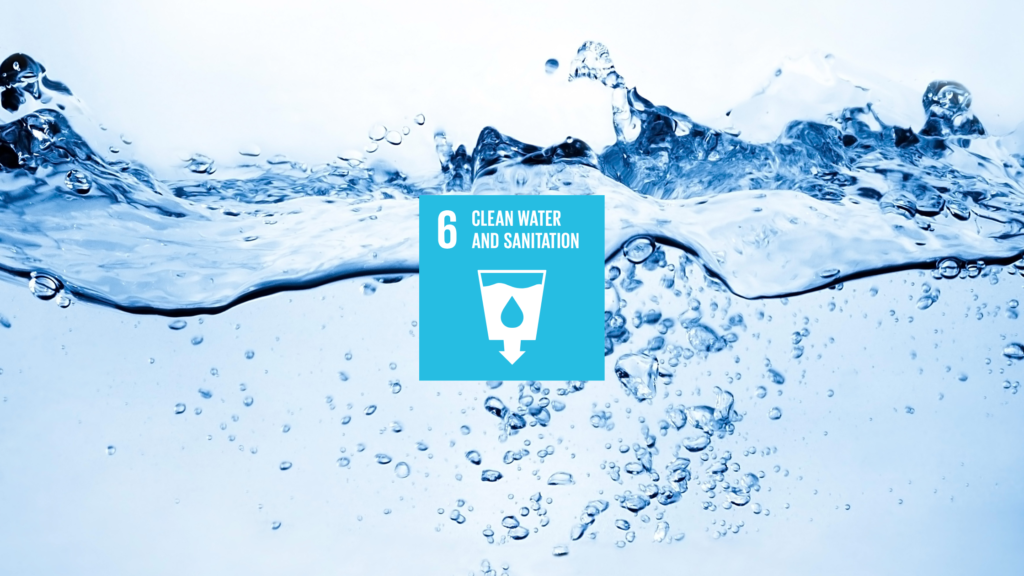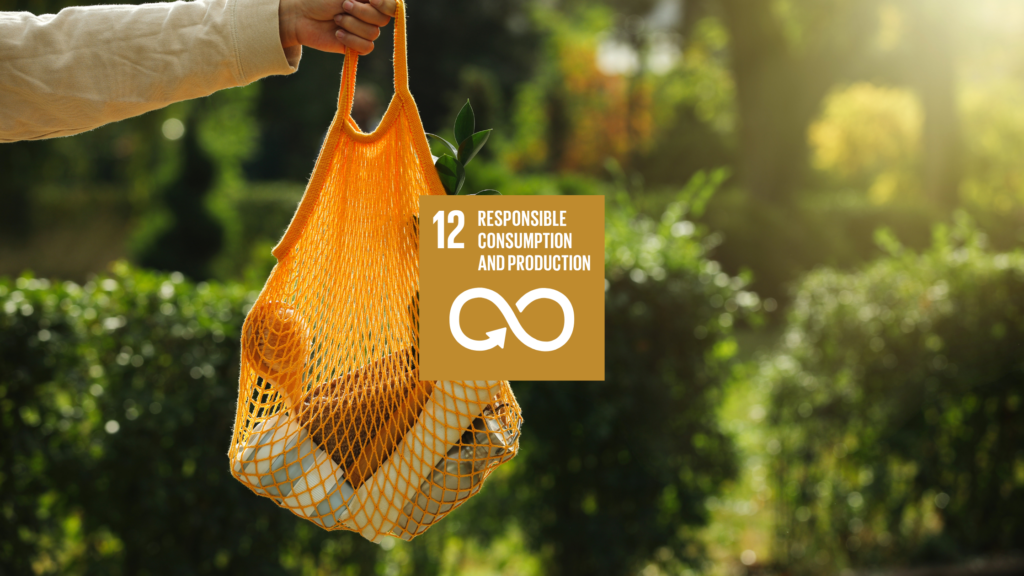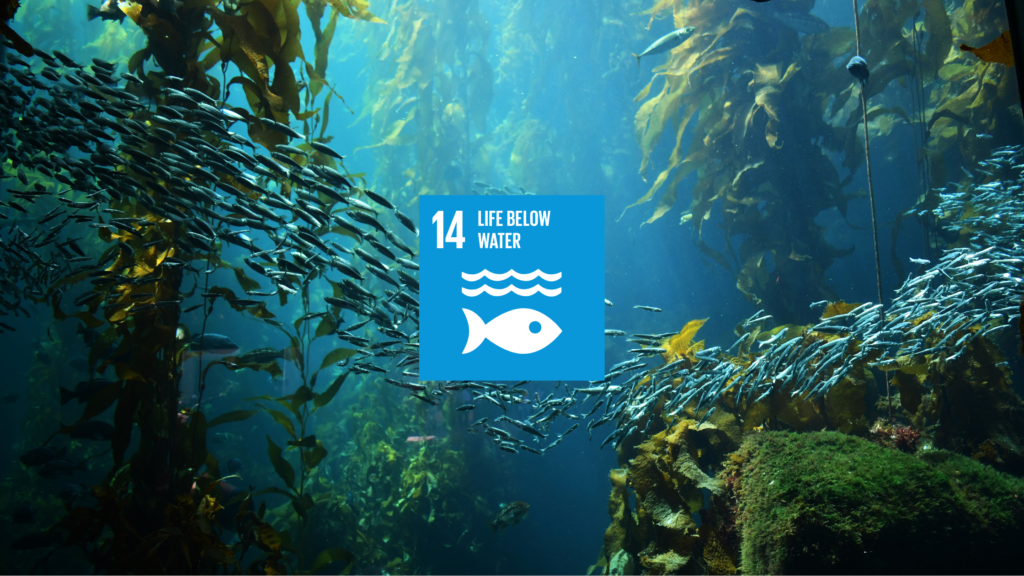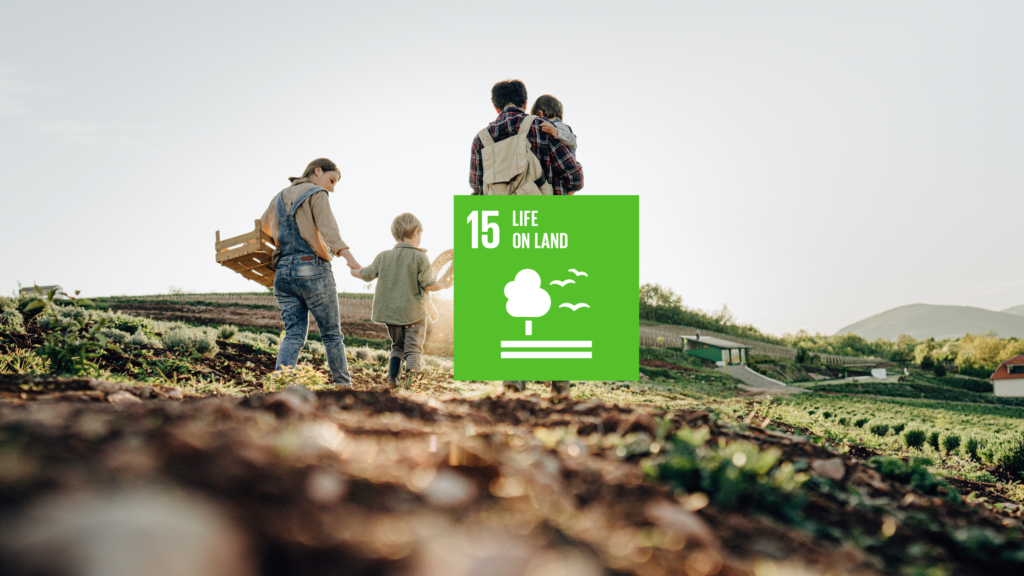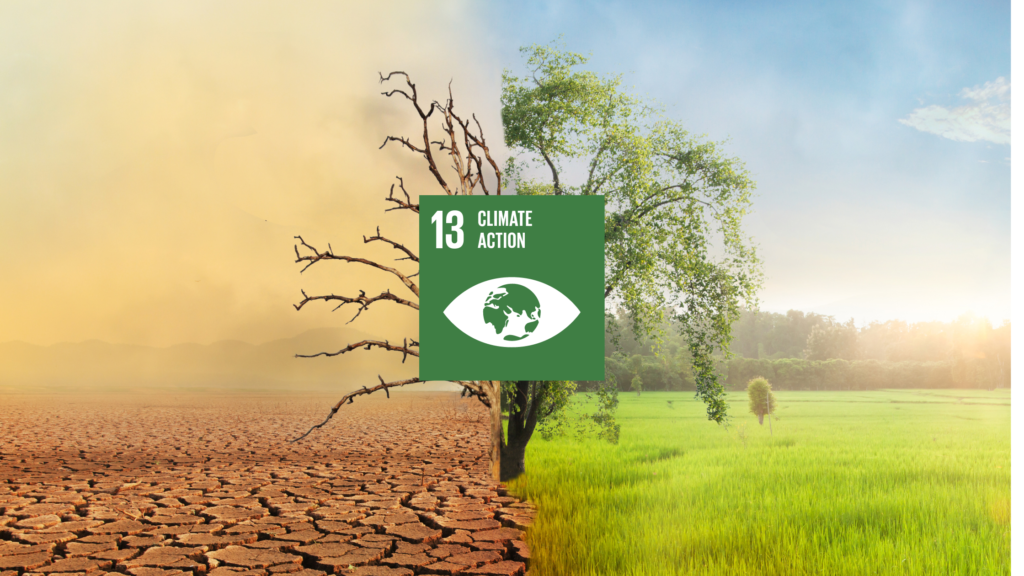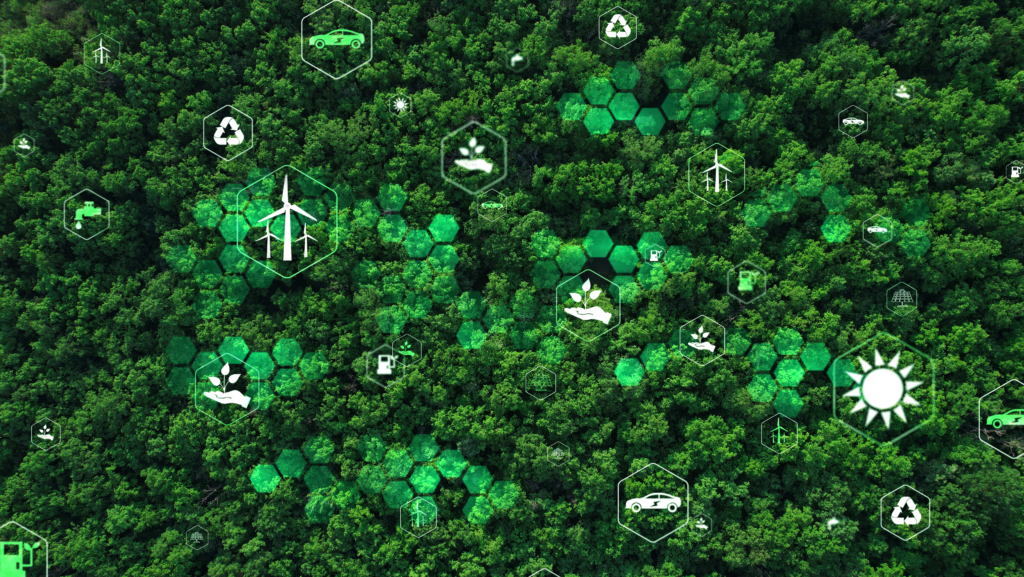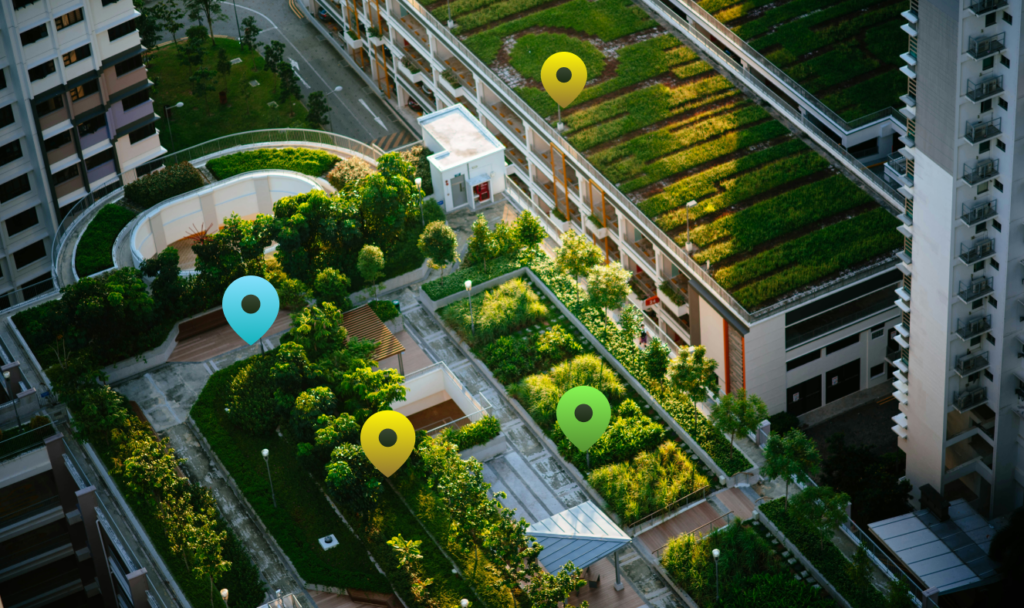SDG 6, Clean Water and Sanitation, aims to address these challenges by ensuring the availability and sustainable management of water and sanitation for all.
Achieving Sustainable Development: SDG 12 Responsible Consumption and Production
The way we consume and produce goods has a profound impact on the environment, economy, and society. SDG 12, Responsible Consumption and Production, emphasizes the need to create sustainable systems that minimize waste, reduce pollution, conserve resources, and promote ethical business practices.
Achieving Sustainable Development: SDG 14 Life Below Water
SDG 14: Life Below Water aims to conserve and sustainably use the oceans, seas, and marine resources by 2030. In this blog, we’ll break down the specific targets of SDG 14, explore how progress is measured, review achievements so far, and assess the challenges that lie ahead.
Achieving Sustainable Development: SDG 7 Affordable and Clean Energy
Sustainable Development Goal 7 (SDG 7) focuses on ensuring access to affordable, reliable, sustainable, and modern energy for all. Energy is a key driver of development, influencing economic growth, social well-being, and environmental sustainability.
Achieving Sustainable Development: SDG 15 Life On Land
SDG 15 seeks to ensure that terrestrial ecosystems are resilient and can provide essential services for the well-being of humanity and the planet. In this blog, we will delve into the specific targets under SDG 15, the methods for measuring progress, and the achievements and challenges encountered so far.
Achieving Sustainable Development: SDG 13 Climate Action
The United Nations Sustainable Development Goal 13 (SDG 13) aims to “take urgent action to combat climate change and its impacts.” Recognizing the existential threat posed by climate change, SDG 13 emphasizes the need for global cooperation, innovation, and decisive action to mitigate its effects. This blog will explore the specific targets under SDG 13, the methods for measuring progress, and the achievements and challenges encountered so far.
Understanding the EU’s CSRD: A Progressive Step in Corporate Reporting
The CSRD has replaced the NFRD, signifying the robust evolution in the EU’s approach to sustainability reporting. This has been officially adopted by the EU Council with enforcement beginning January 5, 2023. The first reports due in 2025 mandate comprehensive disclosures on environmental, social, and governance (ESG) factors. CSRD expands the scope beyond large public-interest entities to include all large companies and groups operating within the EU, thereby encompassing a broader swath of corporate entities under its regulatory umbrella. This move not only responds to growing investor and consumer demand for transparency, but also aims to foster trust and stability in financial markets.
Introduction to Impact Measurement Management (IMM)
In today’s world, where businesses and organizations are increasingly expected to make a positive impact on society…
Achieving Sustainable Development: SDG 11 – Sustainable Cities and Communities
As our cities keep growing at a rapid pace, the push for sustainable urban living is more urgent than ever. Enter SDG 11, “Sustainable Cities and Communities.” This goal is all about making our cities and towns inclusive, safe, resilient, and sustainable by 2030.
Nurturing Nature’s Guardians: A Guide to Mangrove Reforestation (Part 2) — Planting & Maintenance
A well-defined statement helps participants focus their creativity and ensures everyone is on the same page.


